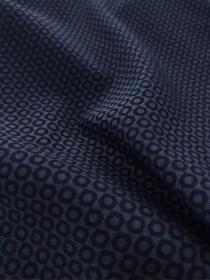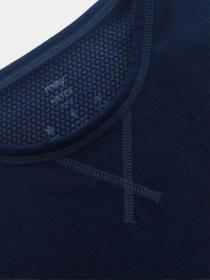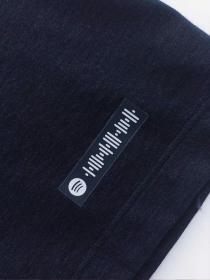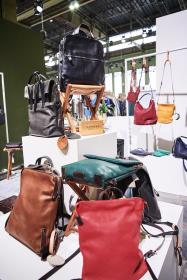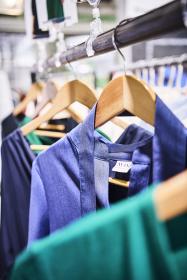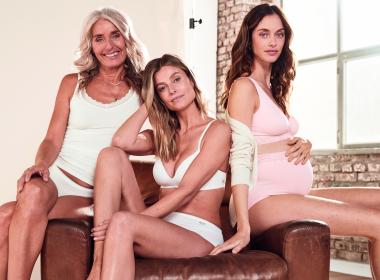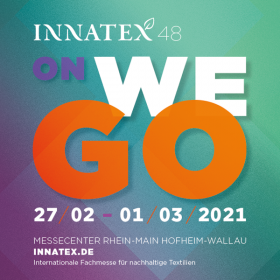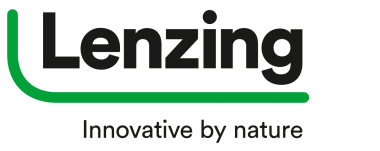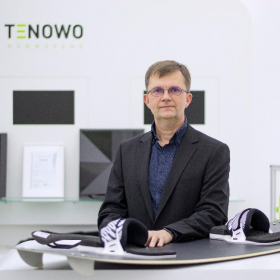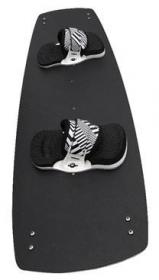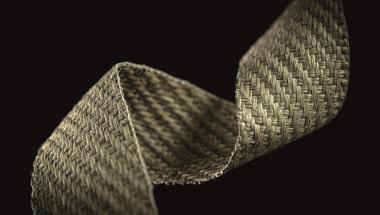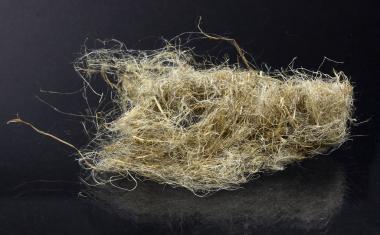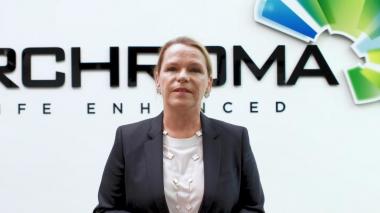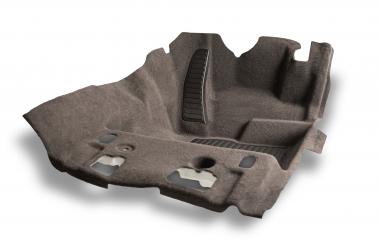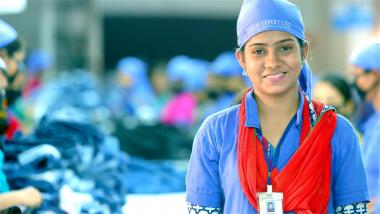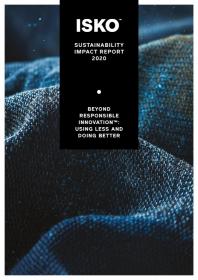Better sleep with MEY nightwear and energear™-technology from schoeller®
Underwear and loungewear specialist MEY announces the launch of its product series "Zzzleepwear,” developed to improve the quality of sleep for men and women. Setting new standards in the sleepwear category, functionality and technical innovation are the focus of the product styles that also offer stylish looks and wearer comfort.
People who sleep well recharge their batteries and can start the next day full of energy. However, many people suffer from sleep problems that can have a long-term negative impact on health and well-being. MEY’s Zzzleepwear was built to address that.
„Zzzleepwear“ reflects far-infrared rays
Fabrics of the "Zzzleepwear" series are equipped with energear™ technology from schoeller®. They reflect the body's own energy, which is emitted in the form of far-infrared rays. The textile finish is based on a titanium-mineral matrix, which reflects far-infrared rays back to the body. This effect can have a positive impact on the body and its energy balance. The understanding of far infrared rays and their positive properties has its origin in Asian healing medicine. Far Eastern medicine has incorporated life energy, "Qi" in Chinese, for centuries. More and more people are discovering that their performance increases when energy balance and energy flow are in harmony. schoeller® is transferring this function to textiles, and MEY is using the finish for the first time in nightwear.
Further fabric properties and design features
For the new "Zzzleepwear" series, the energear™ coating is applied to the inside of the fabric in a honeycomb-like form. It thus represents the core of the series. In addition, the fabric with melange structure is made of natural cotton and thermoregulating fibers that provide high breathability. The large proportion of natural cotton fibers increases the wearing comfort of this special nightwear. The "Zzzleepwear" series offers different color variations, as well as outstanding design features like flat seams and an interior print in the neck area.
Podcast with soporific effect
MEY wants to lull its customers to sleep in a particularly original way: A Spotify code is printed on every item in the series. By scanning this code, customers can listen to a sleep podcast created especially for the selected pair of pyjamas. In the eleven-part good night story, the products tell their own manufacturing story, from the cotton field to the fabric production in Albstadt to the store – so boring, it will have customers nodding off in no time.
Schoeller Textil AG






